RV generators provide essential power for off-grid adventures, but their noise can quickly become a problem if you let it get out of hand. Whether you’re dealing with campground noise restrictions or simply want to maintain peace while out in the wilderness, reducing generator noise will be essential for having an enjoyable RV experience. If you want to learn how to minimize your RV generator’s noise output, this guide will help you stay compliant while maintaining the power you need.
What To Know About RV Generator Noise
Most RV generator noise originates from three primary sources that work together to create the overall sound output. The engine produces mechanical noise through combustion and moving parts, while the exhaust system generates additional noise as gases are expelled. Finally, vibrations from the generator transfer through mounting points and surfaces, amplifying the perceived noise level.
Most RV generators produce between 50 and 70 decibels of noise, with older conventional models typically running louder than newer inverter generators. For reference, normal conversation occurs at about 60 decibels, while a lawn mower produces approximately 90 decibels.
So it’ll be easier to talk over a generator than a mower, but you’ll still need to raise your voice a bit to hear others while outside. Since it’s so close in range of normal talking, even a few decibels of reduction can make a significant difference in perceived noise levels.
If you’re using your generator at a campground, be aware that noise restrictions may vary by location and time of day. Many facilities prohibit generator use during quiet hours, typically from 8 PM to 8 AM, while others may simply limit usage based on the level of sound they make. Some campgrounds maintain even stricter noise policies year-round, requiring generators to operate below 55 decibels at all times.

Simple and Immediate Noise Reduction Techniques
If you’re already out and need some quick tips on how to reduce the noise of your RV generator, we’ve got you covered. First up, strategic parking and placement are among the most effective immediate noise reduction methods. You can achieve this by positioning your RV so the generator exhaust faces away from neighboring campsites and common areas. When possible, park near natural sound barriers such as trees, hills, or large rocks that can deflect and absorb sound waves. Avoid parking on hard surfaces like concrete or asphalt, which reflect sound and amplify noise levels.
In the same vein, distance plays a crucial role in noise reduction. Sound decreases approximately 6 decibels for every doubling of distance from the source. If the campground layout permits, park farther from other RVs to minimize the noise impact on your neighbors.
How your generator sits on the ground can also affect the noise level. If possible, try to raise the generator off the ground using a platform or stands to reduce vibrations transferring to surrounding surfaces. Try to use softer materials, as harder ones can also amplify the sound your generator is making. No matter what, when elevating the generator, ensure stable placement and maintain proper clearance around the air vents.
If you can’t do much about your positioning, soft surfaces and materials can significantly dampen generator noise in a pinch. If you have them, place thick blankets, moving pads, or specialized soundproof mats around the generator area to absorb sound waves. Ensure materials don’t block air intake or exhaust vents, though, as this can cause overheating and unnecessary damage. If you can go out and buy something, acoustic blankets designed for generators offer superior sound absorption while maintaining proper ventilation.

Advanced Noise Reduction Methods
If you aren’t already at the campground and have some time to prepare, there are some advanced soundproofing methods you can try. Soundproof enclosures are a great place to start, as they provide substantial noise reduction, but require careful consideration of ventilation and accessibility. Some commercial generator enclosures can reduce noise by 10-15 decibels while also protecting the unit from weather and theft. These enclosures typically feature sound-absorbing materials, ventilation systems, and even access panels for maintenance.
If you have the skills needed to do so, building a custom enclosure makes it easier to meet specific size requirements and budget considerations. Use materials like mass-loaded vinyl, acoustic foam, and plywood to construct an effective sound barrier. Outside of that, critical design elements include adequate ventilation to prevent overheating, removable panels for maintenance access, and drainage to prevent moisture buildup. Just be sure to never fully enclose a generator without proper ventilation, as this can cause carbon monoxide buildup and damage to the engine.
If you want to take things a step further, sound-deadening materials installed inside the generator compartment can reduce noise levels while protecting surrounding areas. You can use general automotive sound-deadening materials and apply them to compartment walls and surfaces. Focus on areas where vibrations are most pronounced, but avoid blocking ventilation openings or interfering with moving parts.
Don’t forget about vibration dampening, as this will help with noise transmission through solid connections. Install rubber isolation mounts between the generator and its mounting surface to reduce vibration transfer. Anti-vibration pads placed under the generator can also significantly decrease noise transmission.
Long-Term Noise Reduction Strategies
If you’ve tried everything and need a more permanent solution, investing in a quieter generator model will be your best bet. Inverter generators typically operate 10-20 decibels quieter than conventional models due to their enclosed designs and variable engine speeds. If you want something that operates at an even softer volume, you should consider RV electric generators. They can be just as good as gas options, and you’ll barely even notice they’re running.
If you want to ensure your new generator stays quiet for many years to come, regular maintenance will play a crucial role in keeping the noise levels low. Clean air filters to reduce engine strain and noise levels, while keeping up with oil changes ensures continuous smooth operation. If you have an electric model, regularly inspect the battery and replace it if it can no longer hold a charge.
You’ll also want to check for loose bolts and worn components that create additional vibrations and noise. For gas models, replace spark plugs according to manufacturer recommendations, as worn plugs can cause irregular engine operation and increased noise. Also, be sure to check exhaust system components for damage or leaks that can increase noise levels, and keep the cooling fins clean and clear of debris to prevent overheating and excessive fan operation.
For all generators, take the time to inspect and tighten all mounting hardware regularly, as vibrations in these areas naturally loosen connections over time. As long as you keep these components in good shape, you shouldn’t have to worry about your new generator ever getting too loud.


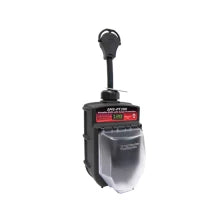
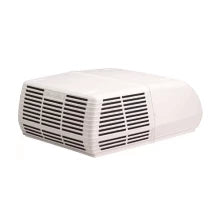
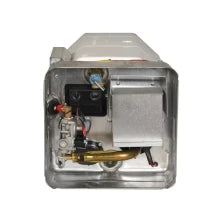
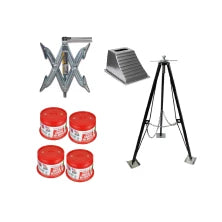
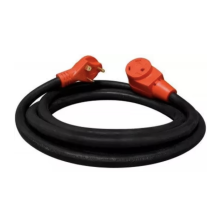
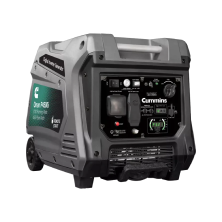

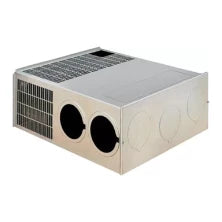


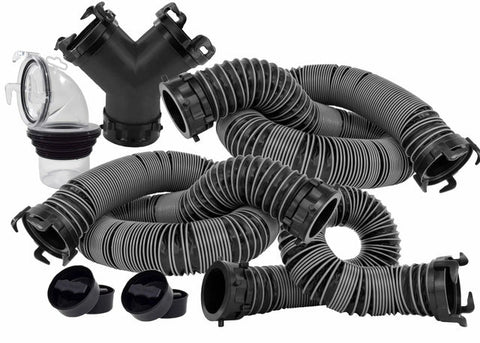

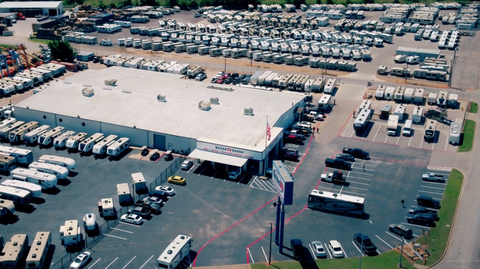
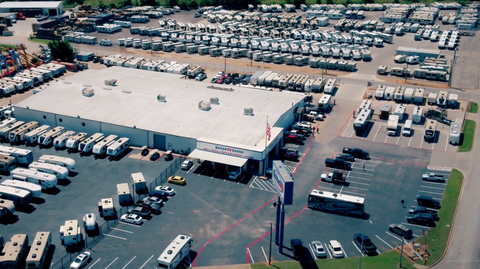
Comments (0)
There are no comments for this article. Be the first one to leave a message!